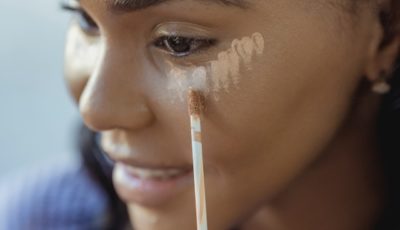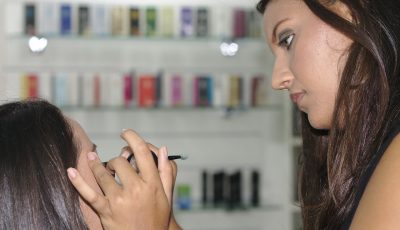More Than Mascara: The Real Skills Behind Every Great Makeup Artist
The world sees the glamorous final look, but what really goes into creating makeup magic? Behind every flawless contour and perfectly blended eyeshadow is a professional who’s mastered far more than just product application. Makeup classes teach the essential skills that transform enthusiasts into true artists.
If you think makeup artistry is just about brushes and beauty blenders, think again. Here are the crucial (and often surprising) skills you’ll gain from professional makeup classes that will set you apart in this competitive industry.
1. The Art of Face Geometry
Beyond Basic Contouring
Professional makeup isn’t just about following trends—it’s about understanding facial anatomy. Quality makeup classes teach:
- Bone structure analysis – Customizing looks for different face shapes
- Optical illusion techniques – Minimizing or enhancing features strategically
- Asymmetry correction – Balancing uneven eyes or lips
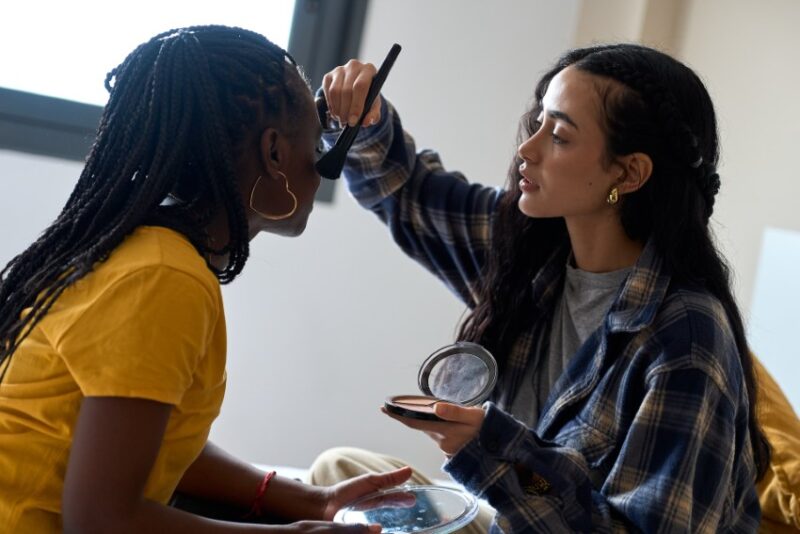
These skills are why celebrity MUAs can make anyone camera-ready, regardless of their natural features.
2. The Science of Skin
Your Canvas Matters Most
Great makeup starts with great skin prep. Professional training covers:
- Skin type identification – Oily vs. dry vs. combination
- Color theory in correction – Neutralizing redness, dark circles, etc.
- Product chemistry knowledge – Which formulas work together (and which don’t)
This is why graduates of makeup classes can make foundation last 16+ hours while others struggle with midday shine.
3. The Psychology of Beauty
Reading Clients Like a Pro
Makeup artistry is 50% technical skill and 50% emotional intelligence. You’ll learn:
- Client consultation techniques – Translating vague requests (“natural but glam“) into perfect looks
- Managing expectations – Especially important for bridal and special events
- Handling difficult situations – When clients hate the look or have unrealistic demands
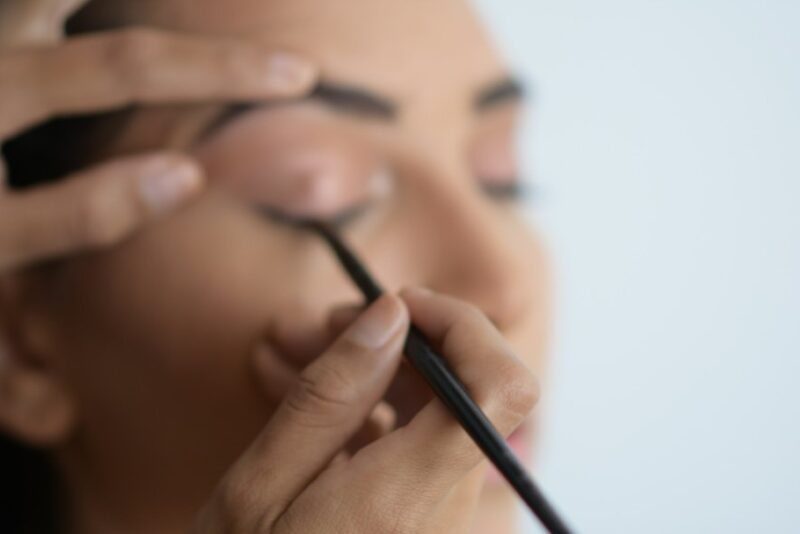
This people-first approach is what builds loyal clientele and stellar reputations.
4. The Business of Beauty
Turning Talent Into Income
Many talented artists struggle because they never learned:
- Pricing strategies – How to value your time and expertise
- Portfolio development – Creating images that attract ideal clients
- Legal considerations – Sanitation certifications, contracts, and insurance
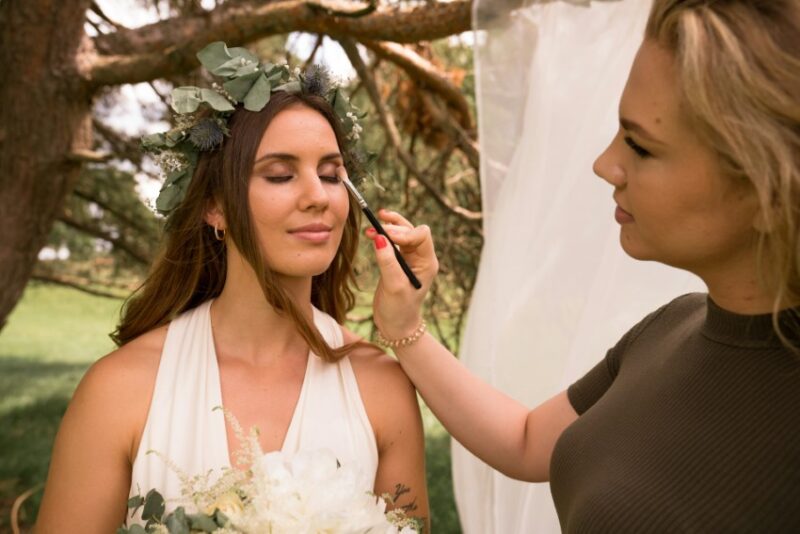
The best makeup classes include business modules because artistry alone doesn’t pay the bills.
5. The Magic of Adaptability
Preparing for Any Scenario
Classroom training prepares you for real-world challenges like:
- Working in different lighting – From fluorescent office lights to flash photography
- Last-minute changes – When the bride suddenly wants a bold lip instead of nude
- Emergency fixes – Sweat-proofing makeup for outdoor weddings
This adaptability is what separates hobbyists from professionals.
Why These Skills Matter More Than Ever
In today’s saturated market, clients can choose from hundreds of artists. What makes them book (and rebook) you?
- Technical expertise – Creating looks that last and photograph beautifully
- Professional demeanor – Making clients feel comfortable and confident
- Business savvy – Marketing yourself effectively and running a sustainable career
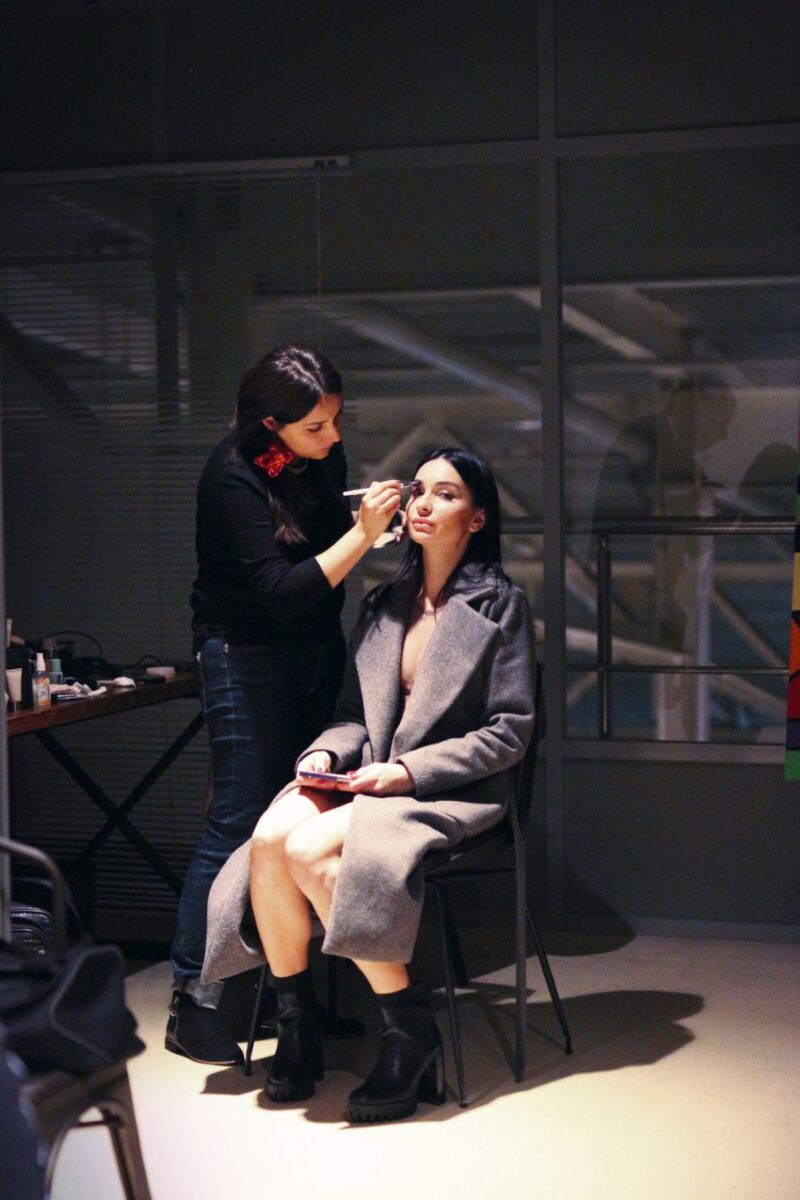
This trifecta is exactly what structured makeup classes deliver.
Choosing the Right Makeup Classes
Look for programs that offer:
- Hands-on practice with live models
- Business and client relations training
- Industry-standard sanitation certification
- Portfolio-building opportunities
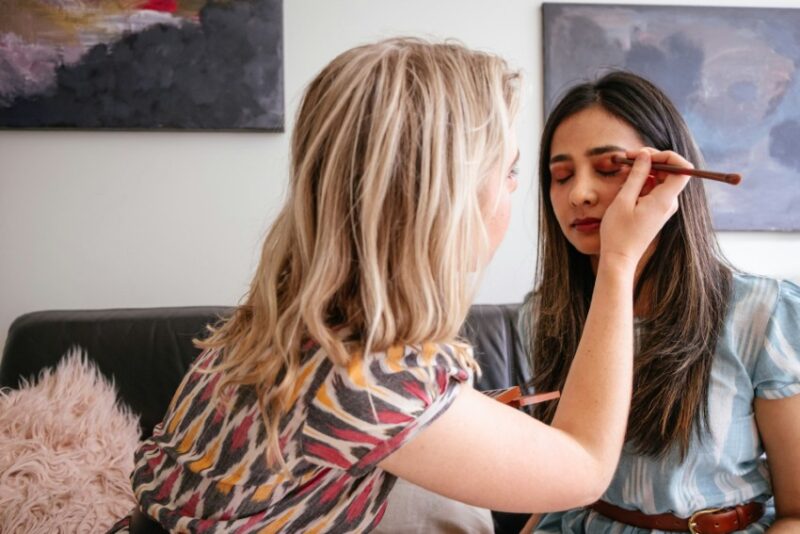
Avoid courses that only focus on product application—the best artists are trained in the complete package.
The Truth About “Self-Taught” Success
While YouTube tutorials can teach basics, they lack:
- Professional feedback on your technique
- Structured skill progression from simple to advanced
- Industry connections that lead to jobs
This is why even viral makeup stars often later enroll in formal training to refine their craft.
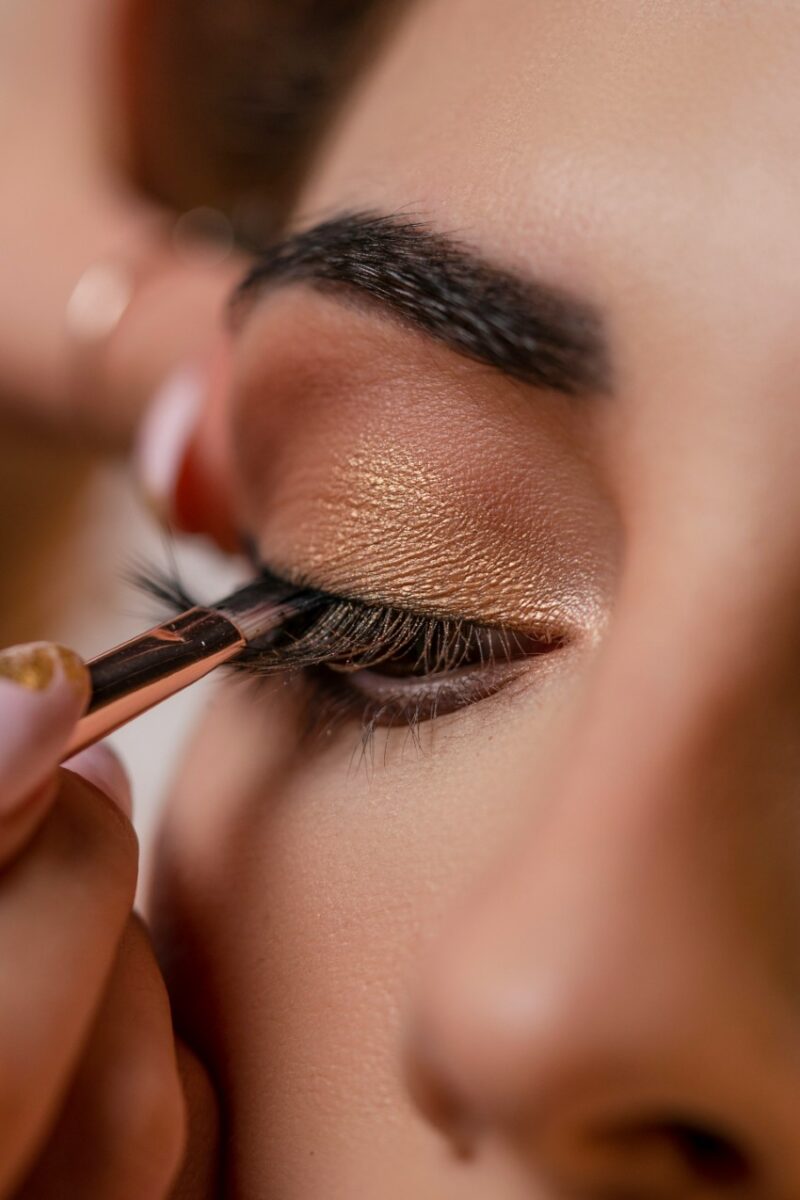
Your Next Step
If you’re serious about makeup artistry, the right makeup classes will give you:
- Credibility with certifications
- Confidence through supervised practice
- Connections in the beauty industry
The difference between “good at makeup” and “professional makeup artist” comes down to comprehensive training.

